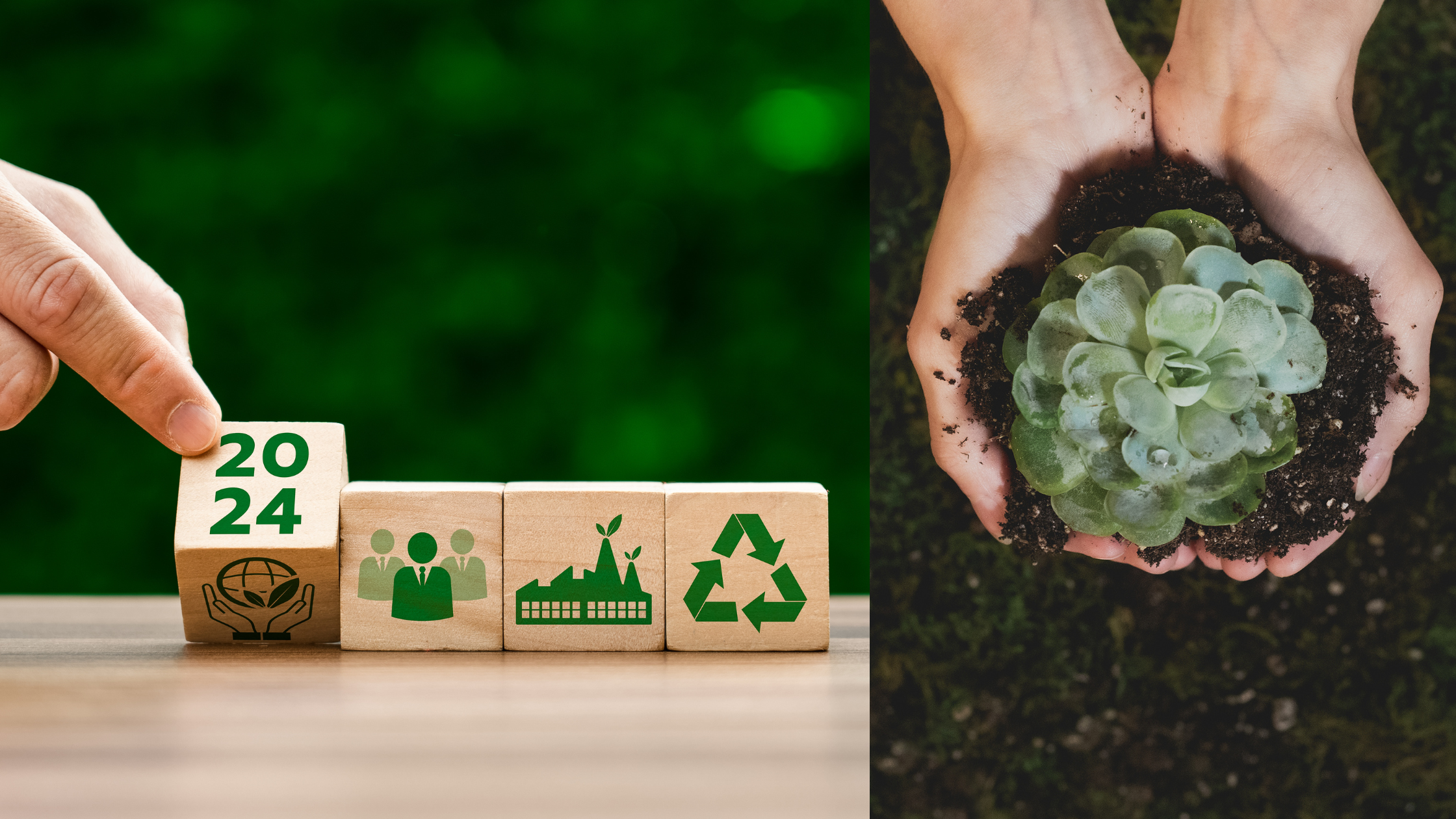Introduction
Sustainable practices are essential for preserving our environment and ensuring a healthier planet for future generations. This guide explores various ways to incorporate eco-friendly habits into your daily life, from reducing waste to conserving energy and water.
Reducing Waste
Reducing waste is a fundamental aspect of sustainability. By minimizing the amount of waste we generate, we can significantly reduce our environmental impact.
1. Embrace the 3 Rs: Reduce, Reuse, Recycle
- Reduce: Purchase products with minimal packaging and avoid single-use items.
- Reuse: Opt for reusable items like shopping bags, water bottles, and containers.
- Recycle: Properly recycle paper, plastics, glass, and metals to prevent them from ending up in landfills.
2. Composting
Composting organic waste like food scraps and yard waste can significantly reduce landfill waste and produce nutrient-rich soil for gardening.
3. Avoid Single-Use Plastics
Single-use plastics are a major environmental pollutant. Switch to reusable alternatives like cloth bags, stainless steel straws, and glass containers.
Conserving Energy
Energy conservation helps reduce greenhouse gas emissions and lowers your carbon footprint.
1. Energy-Efficient Appliances
Invest in energy-efficient appliances, which use less electricity and reduce utility bills. Look for appliances with the Energy Star label.
2. LED Lighting
Switch to LED bulbs, which consume less energy and last longer than traditional incandescent bulbs.
3. Smart Thermostats
Smart thermostats optimize heating and cooling systems, reducing energy consumption and maintaining a comfortable home environment.
Conserving Water
Water conservation is crucial for sustaining this vital resource and reducing the energy required for water treatment.
1. Fix Leaks
Repairing leaky faucets and pipes can save significant amounts of water over time.
2. Low-Flow Fixtures
Install low-flow showerheads, faucets, and toilets to reduce water usage without compromising performance.
3. Water-Efficient Landscaping
Choose drought-tolerant plants and use mulch to retain soil moisture, reducing the need for frequent watering.
Sustainable Transportation
Choosing sustainable transportation options can greatly reduce carbon emissions and reliance on fossil fuels.
1. Public Transportation
Use public transportation, such as buses and trains, to reduce the number of vehicles on the road and lower your carbon footprint.
2. Carpooling and Ride-Sharing
Share rides with others to reduce the number of cars on the road and split transportation costs.
3. Biking and Walking
Opt for biking or walking for short trips, which not only reduces emissions but also promotes physical health.
Sustainable Eating
The food we eat has a significant impact on the environment. Adopting sustainable eating habits can reduce this impact.
1. Plant-Based Diet
Incorporate more plant-based foods into your diet, which require fewer resources to produce compared to animal products.
2. Local and Seasonal Foods
Choose locally sourced and seasonal foods to reduce the carbon footprint associated with transportation and storage.
3. Reduce Food Waste
Plan meals, store food properly, and compost leftovers to minimize food waste.
Conclusion
Incorporating sustainable practices into your daily routine is a powerful way to contribute to environmental preservation and promote a healthier planet. By making small, mindful changes in areas such as waste reduction, energy and water conservation, transportation, and eating habits, you can make a significant positive impact.
For more detailed information and tips on sustainable living, visit our Sustainable Practices section.

